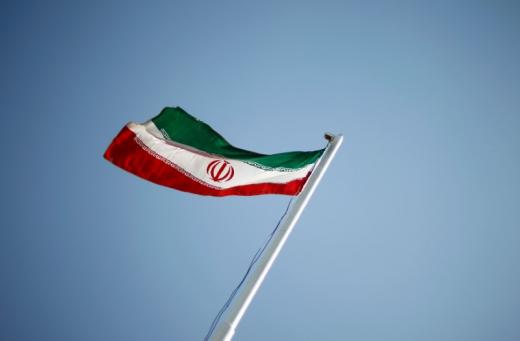WASHINGTON, D.C.—The United States on Thursday extended some sanctions relief for Iran under the 2015 nuclear deal, the State Department said, but no decision has been made on whether to preserve the deal itself.
At the same time, President Donald Trump said that Iran is violating “the spirit” of the Iran nuclear deal and the U.S. Treasury announced new cyber-related sanctions on about a dozen Iranian individuals or entities.
State Department spokeswoman Heather Nauert did not specify which sanctions the administration had waived, and he said that waiving some of the sanctions shouldn’t be seen as how Trump or his administration stands on the Iran nuclear deal.
Earlier, sources said the United States will renew a waiver of the key, and most punitive, sanctions it imposed on Iran before the nuclear deal was ultimately struck.
Tucked into Section 1245 of the 2012 National Defense Authorization Act, Washington threatened to sanction the banks of Iran’s main oil customers if they did not significantly cut their purchases of Iranian crude.
Under the law, these sanctions can be waived for a maximum of 120 days, forcing the U.S. government to revisit the issue every four months.
Sources familiar with the matter stressed that the wider U.S. policy toward Iran, and whether to preserve the deal that gave Tehran sanctions relief in exchange for curbing its nuclear program, has yet to be decided. Trump has criticized the deal, but some of his top advisers believe he should preserve it.
Even as the administration prepared to waive the oil-related sanctions, the Treasury Department announced new sanctions on 11 entities and individuals for “engaging in support of designated Iranian actors or malicious cyber-enabled activity,” including two entities based in Ukraine.
The Treasury alleged the firms and individuals were either engaging in activity that supported Iran’s ballistic missile program or its Quds Force, or engaging in cyber attacks against the U.S. financial system.
The action freezes any assets they may hold in the United States and generally prohibits U.S. individuals from doing business with them.






Leave a Reply